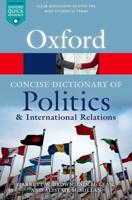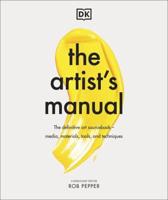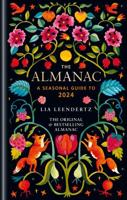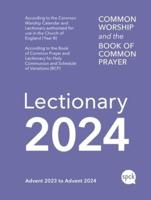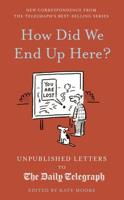Publisher's Synopsis
In Dialogues Concerning Natural Religion Hume explores whether religious belief can be rational. Because Hume is an empiricist (i.e. someone who thinks that all knowledge comes through experience), he thinks that a belief is rational only if it is sufficiently supported by experiential evidence. So the question is really, is there enough evidence in the world to allow us to infer an infinitely good, wise, powerful, perfect God? Hume does not ask whether we can rationally prove that God exists, but rather whether we can rationally come to any conclusions about God's nature. He asserts that the first question is beyond doubt; the latter is initially undecided. Hume presents three characters, each of whom represent a different position on this issue, engaged in a dialogue together. Demea argues for the position of religious Orthodoxy, and insists that we cannot possibly come to know the nature of God through reason. Philo, the philosophical skeptic, agrees with Demea that God is incomprehensible and provides the most convincing arguments for this position. Cleanthes argues the position of empirical theism-the position that we can come to know about God by reasoning from the evidence afforded us by nature-against these two opponents. Together with his characters, Hume forces the reader to reflect not on the existence of God, but on the nature of religion and faith.



